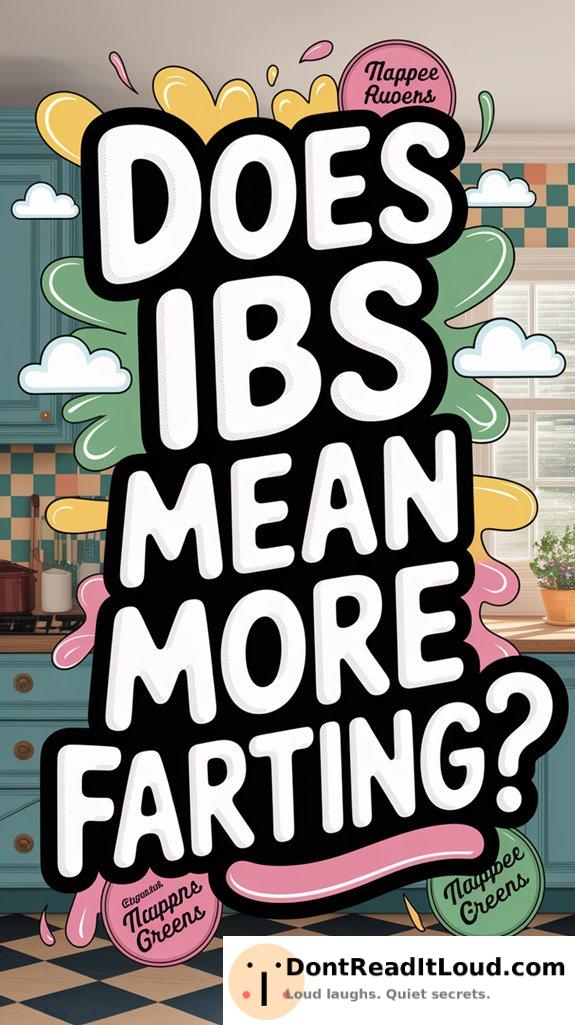
If you have IBS, you might notice increased farting. IBS changes how your gut processes food, which can cause more gas and bloating. Foods such as beans, onions, and dairy often make symptoms worse, so identifying your triggers is helpful. Stress and eating patterns also influence gas levels. If you want to know why this happens and how to control it, read on.

If you live with irritable bowel syndrome (IBS), you may notice that excessive farting is one of its most common and sometimes embarrassing symptoms. This symptom is real—IBS often leads to increased gas, and many people experience it. You might wonder what causes this, and more importantly, how you can manage it.
IBS affects gut function, which can change how your body processes and digests food. This often results in more gas and, consequently, more farting. A key reason is that your digestive system may be overly sensitive or respond unusually to certain foods, often called dietary triggers. Common triggers include foods high in certain carbohydrates, such as beans, onions, garlic, dairy, and some fruits. These foods can be harder for your gut to digest, leading to more fermentation by intestinal bacteria and, as a result, extra gas.
If you want to manage this symptom, keeping a food diary can be helpful. By recording what you eat and when symptoms worsen, you can spot your individual food triggers. Once you know which foods cause problems, you can more effectively control your symptoms. Reducing or swapping out certain foods may lower how much you fart each day. IBS triggers vary from person to person, so what affects you may not bother someone else.
Managing IBS-related farting isn’t just about changing your diet. Stress can also impact your gut, so using relaxation techniques like deep breathing, yoga, or regular exercise may help. Eating smaller, more frequent meals can reduce bloating and gas. Taking your time to chew food and avoiding habits that make you swallow air—such as drinking carbonated beverages or chewing gum—can also help.
While increased farting is a normal IBS symptom, talk to your healthcare provider if you’re worried. They can suggest personalized ways to manage your symptoms and check for other possible issues.
Conclusion
If you’ve noticed you’re farting more often and wondering if IBS is the cause, you’re not alone. IBS can make you feel gassier than normal because your gut is more sensitive and digests food differently. It might feel embarrassing, but increased gas is a common IBS symptom. If gas becomes uncomfortable or disrupts your life, speak with your doctor. Treating IBS can help reduce extra gas.



